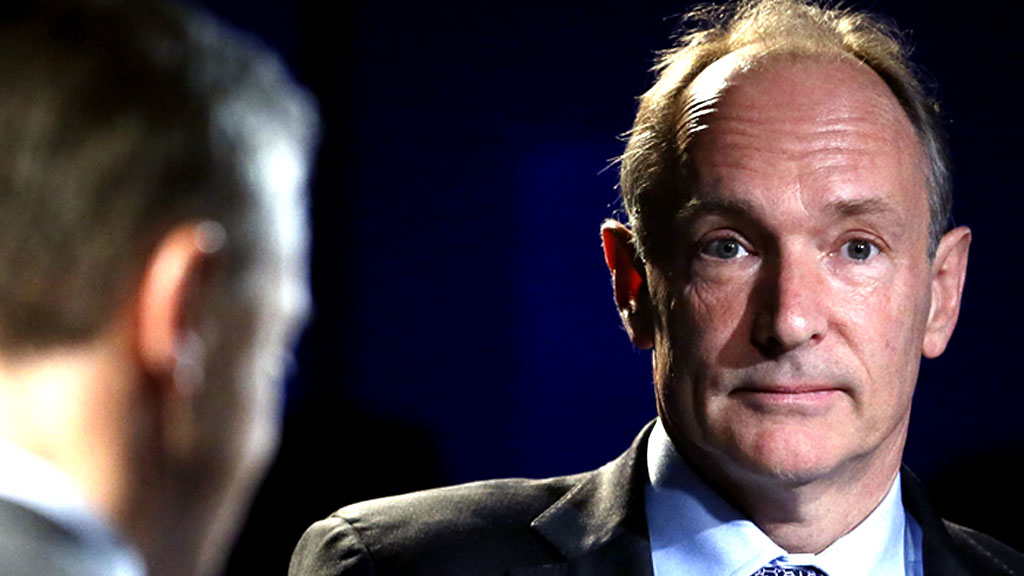Berners-Lee: surveillance a threat to democracy
Sir Tim Berners-Lee, inventor of the world wide web, warns that a “growing tide of surveillance and censorship” by UK and US governments poses a risk to democracy and online freedom.

Sir Tim Berners-Lee, who launched the worldwide web on Christmas day 1990, said the internet was increasingly being used to “expose wrongdoing”.
But he added that some governments were threatened by this and that “bold steps” were needed to protect rights to privacy online.
Mr Berners-Lee made the comments at the launch of his World Wide Web Foundation (WWWF) report, which assesses international internet freedoms in 81 countries.
The report concluded that only five of the 81 countries in the index properly monitor government interception of electronic communications. Moderate to extensive blocking or filtering of politically sensitive content was reported in over 30 per cent of web index countries during the past year, the report also found.
Bold steps are needed now to protect our fundamental rights to privacy and freedom of opinion and association online. Sir Tim Berners-Lee
“One of the most encouraging findings of this year’s web index is how the web and social media are increasingly spurring people to organise, take action and try to expose wrongdoing in every region of the world,” said the 58-year-old computer scientist.
“But some governments are threatened by this, and a growing tide of surveillance and censorship now threatens the future of democracy.
“Bold steps are needed now to protect our fundamental rights to privacy and freedom of opinion and association online.”
The report found that web and social media were “leading to real-world change”: in 80 per cent of the countries studied, they had played a role in public mobilisation in the past year, and in half of these cases, the web and social media been a major catalyst.

Mr Berners-Lee has previously attacked spy agencies for breaching privacy online, and called for a “full and frank debate” about the scale and scope of state surveillance.
Sweden topped the web index international league table for the second year running, with Norway in second. The UK and US came third and fourth respectively, but both were criticised for surveillance practices.
The index considers four main categories when ranking countries: universal access, freedom and openness, relevant content and empowerment.
The Web Index Report revealed that unequal access to knowledge and speech online denies millions the necessary tools for free and informed participation in democracy.
It also found that the rights and priorities of women were poorly served by the web in the majority of countries researched: only 56 per cent of web index countries were assessed as allocating “significant” resources to ICT training programmes targeting women and men equally.
-
Latest news
-
Laughing Boy: New play tells the tragic tale of Connor Sparrowhawk5m

-
Sewage warning system allows some of worst test results to be left off rating system, analysis shows3m

-
Post Office inquiry: Former CEO didn’t like word “bugs” to refer to faulty IT system4m

-
Israeli soldier speaks out on war in Gaza12m

-
PM’s defence spending boost should be ‘celebrated’, says former Armed Forces Minister4m

-




